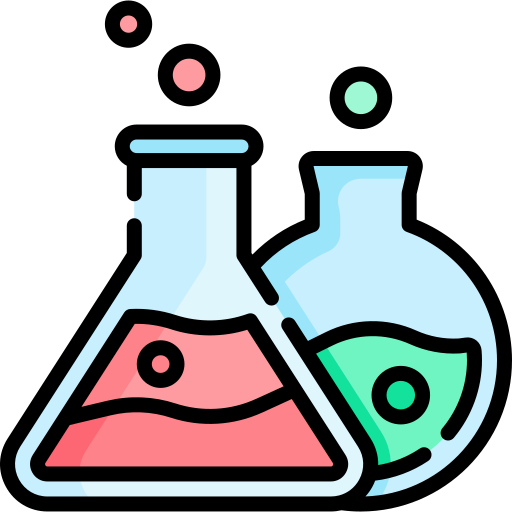Organic Chemistry Basics
INTRODUCTION What is organic chemistry? Organic chemistry involves the study of compounds that contains carbon mainly. Simple compounds like carbonates, carbon dioxide, and carbon monoxide is an exception. Carbon is singled out because of its extraordinary chemical diversity by any other chemical element. Its diversity is based on the following: Carbon atom forms a very … Read more
